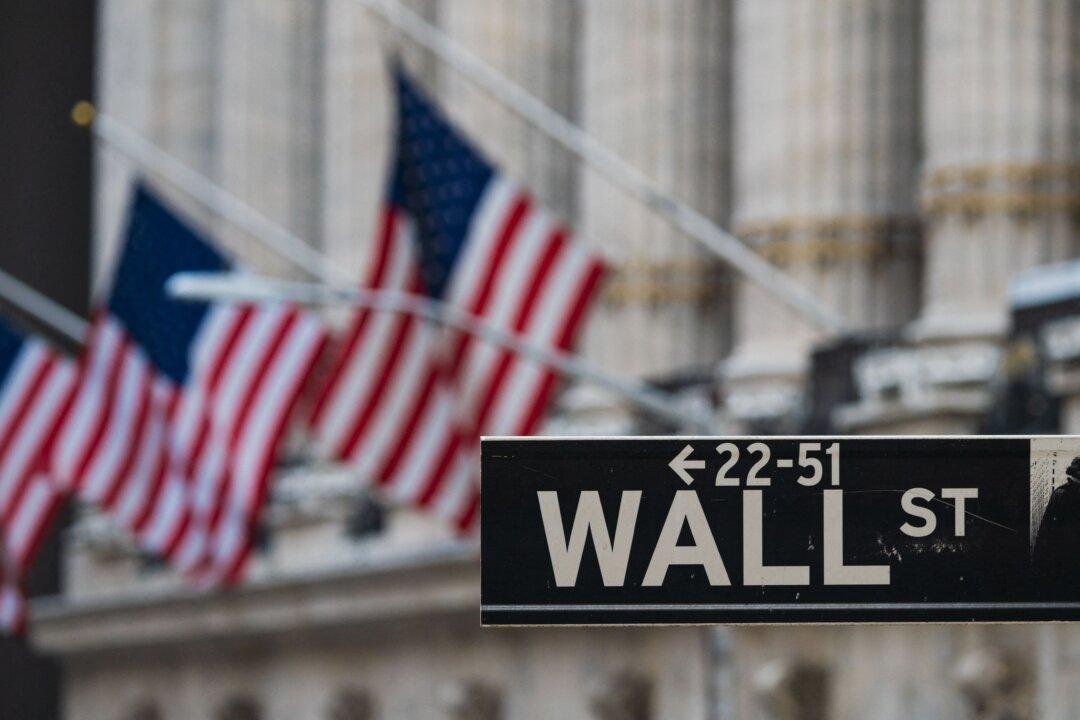Investors have shifted their spectrum of concerns from slow growth, high unemployment, and deflationary pressures at the beginning of 2021, to inflation, asset bubbles, and Fed policy, with their gaze keenly set on how the central bank navigates the delicate balance between supporting the labor market recovery and containing upwards price pressures.
In remarks to The Epoch Times, money managers and finance professionals outlined the concerns facing investors in the second half of 2021, centering chiefly on the level and duration of inflation and the Federal Reserve’s calibration of monetary policy in response.





